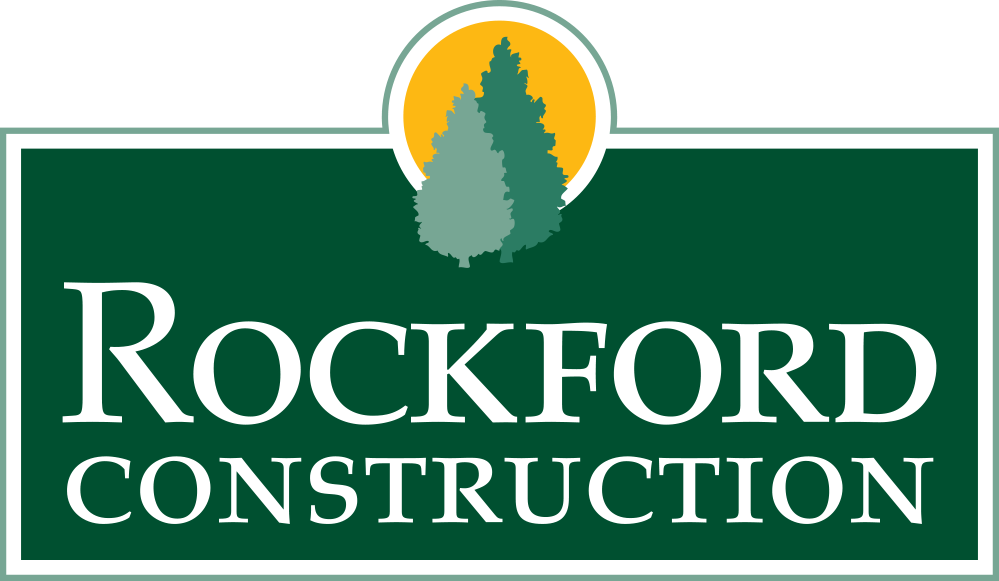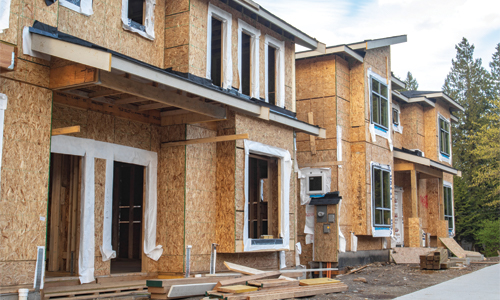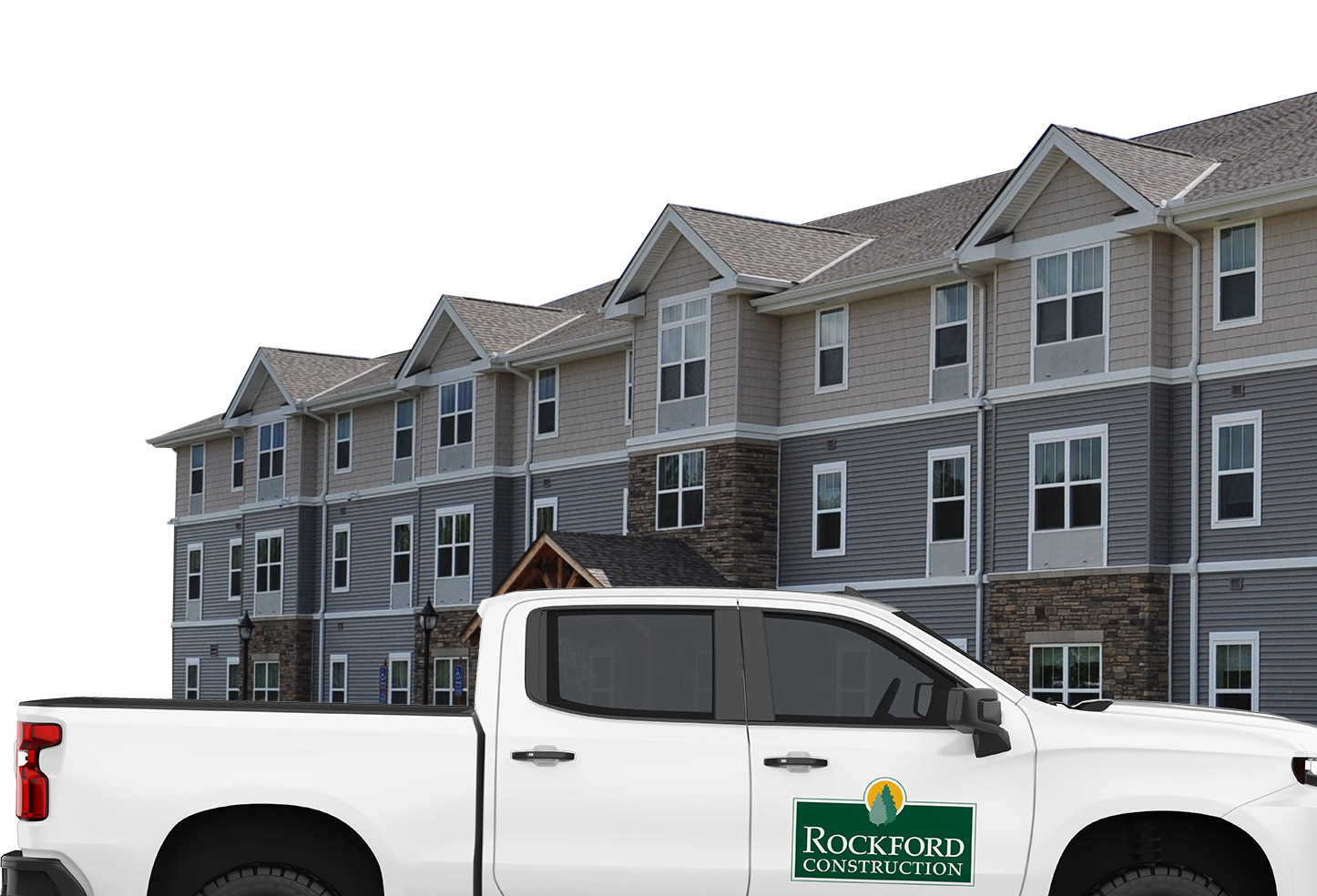Investing in property development is not without its risks. It’s only natural for investors to want to earn as much profit from their investment as possible, and they certainly want to avoid a loss in any case.
If you are considering making an investment in a multi-family construction project, you might initially conclude that a unit with ten apartments will reap a better profit margin than a complex with just five townhouses.
However, that’s an abrupt conclusion to make. There are many variables to reflect upon when it comes to multi-family construction, but townhouse development is oftentimes the safer bet for investors.
Here, we’ll outline why.
Maximum Tenants Does NOT Equal Maximum Profits
When it comes to renters, sometimes more is really less. In a perfect investment world, 100 apartments would attract 100 responsible renters who look after their unit as if it has their name on the ownership deed.
Appliances would exceed their lifetime range, rental turnover would be low, and rent would arrive a day early.
The truth is, there is considerable financial risk involved in apartment investing due to considerable capital needed to construct them, the inevitable periods of vacancy, the cost to manage them, and the ongoing maintenance and repair costs.
The expenses needed to maintain more apartments can eat into profit margins so that it actually becomes more cost-effective to maintain fewer townhouses, which tend to be easier to manage for various reasons that we’ll explore next.
Tenant Stability
Apartment dwellings do draw families, but they also draw renters from other walks of life. On the other hand, townhouses tend to attract more families with their family-friendly layouts.
These dwellings are simply more conducive to family living. Apartments, being smaller and less private, may attract families, but only temporarily.
Ultimately apartments have a higher turn-over rate than townhouses and condominiums. Even with the best efforts from property management staff to weed bad renters out of the application pool, unstable or irresponsible renters will reduce profits and create a diverse range of headaches, including eviction processes, insurance claims, maintenance needs, and more.
Townhouse rentals tend to cost more in rent, so they often attract people with stable income and lifestyles. Families gravitate to townhouses because they provide more indoor and outdoor space for children, but also because they tend to be a great place to live for a long period of time or even indefinitely.
Regulation Headaches and Construction
If you’re thinking about investing in the construction of apartments, you’ll want to pay close attention to regulations and zoning issues. Many cities have fierce rules and limits associated with apartment construction, and these can inflate construction costs.
It isn’t to say that townhouses don’t incur regulation headaches; however, they tend to ruffle fewer feathers among city board members and planners. To be frank, apartment complexes are associated with more problems for cities to consider, such as security and liability.
Higher rents translate into less problems for city service providers, which is why there is a preponderance of “luxury construction” in the apartment sector. Investors find it difficult to convince cities to approve of their low-cost apartment complexes, as it may eventually create more problems down the road.
Maintenance Costs
More units generally translate into higher maintenance costs for property owners. More units mean more risk that something major will go wrong. An overflowing toilet can cause floor, ceiling, and even wall damage that can affect hundreds of other residents.
While insurance can pick up the tab for major renovations, there’s a higher insurance premium associated with the ownership of more units.
Owning five townhouses means that there are only five HVAC systems, water heaters, refrigerators, etc…to maintain and replace. Owning 15 apartment rentals involves considerably more maintenance expense. Every repair or replacement cuts into profits.
Plus, the high turnover rate associated with apartments can cause your property to decrease in value because of the greater maintenance needs. Apartment building owners may find it more difficult to sell their real estate than townhouse owners do.
Evaluating Financial Risk
It’s always essential to evaluate your financial risk when investing in anything. When you’re trying to decide between investing in an apartment or townhouse property development, there are many factors to weigh.
Location is just one. The location will impact market value, and the rents you can charge and expect to be paid.
The nature of your renters will also affect your investment. Stable renters gravitate to more expensive units such as townhomes. Townhouses are also associated with fewer vacancies; renters love townhouses because of the additional space and higher degree of privacy.
Be sure to consider all the construction costs involved with your project too. New construction is heavy on the wallet, so you’re going to be taking on more financial risk when you develop real estate of any type. Because apartments tend to include more risks for investors, many are turning to the safer gamble: townhouse and condominium construction.
Of course, property developers do make money by building apartments, but they lose money too. And, often, they make more profit by developing townhouses or condominiums. What’s the right investment for you?
Carefully assess your budget and how other apartment buildings and townhouses are performing for investors in your area before making your decision. Use these factors to make an informed decision about your next property development investment.



